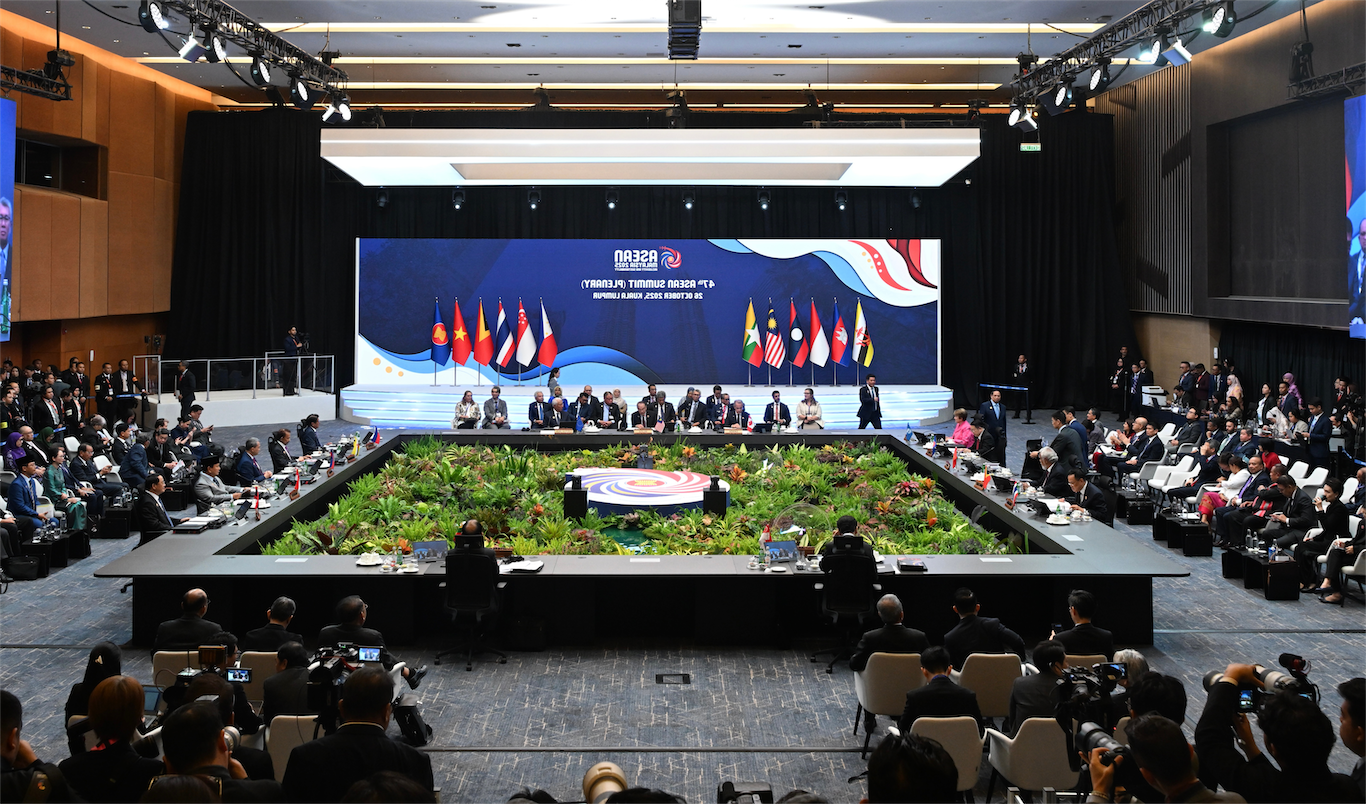President Prabowo undertook a state visit to Turkey on the 9th-10th April, marked by formal processions, in return of the Indonesian efforts, when the Turkish President Erdoğan visited Jakarta in February 2025, just after a short stay in Malaysia (the current chair of the Association of Southeast Asian Nations or ASEAN). 1 While not recent, Turkey’s relations with both countries have gained momentum. In a context of global power shift and diplomatic diversification conducted by the ASEAN members, it is worth monitoring this relationship with another revisionist power, Turkey, after recent rapprochements with Xi and Putin. Yet, each of the three countries has its own motivations for fostering these relations, which entails some challenges. Turkey has conducted more than a decade of maverick and revisionist foreign policy: support to the Muslim Brotherhood; militarized expansionism in the Eastern Mediterranean (especially vis-à-vis Cyprus and Greece), Libya, Syria, and the Caucasus; weaponization of migrants; synergy with Russia despite being a NATO member. This led to deteriorating ties with several regional neighbours and the West. However, since pro-Turkish Islamist forces seized Damascus in late 2024, Ankara emerged as a key Middle Eastern actor, re-boosted its strategic importance to the West, and reframed the Kurdish conflict in its favour.2,3 Therefore, with the state of mind and self-confidence of an established regional power’s and rising great power’s leader, Erdogan further explores its connections with Southeast Asia.










